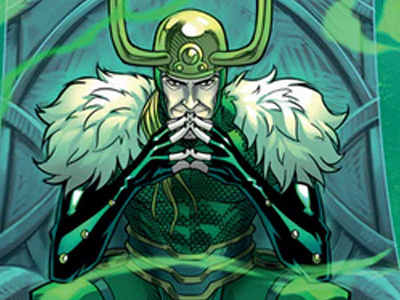
The Swedish Supreme Court ruled that possessing manga depicting children in sexual poses does not violate child pornography statutes, effectively overturning the 2010 conviction of a Swedish translator, who had been convicted of possessing 39 manga drawings of children that a lower court had decided were pornographic. The Court acquitted manga translator Simon Lundstrom, who had been found guilty by two lower courts before his vindication by the Swedish Supreme Court.
According to The Local, the Swedish Supreme Court ruled that the drawings are pornographic and that they do portray children, but that the drawings represent imaginary figures that could not be mistaken for real children, noting in its ruling: "The criminalization of possession of the drawings would otherwise exceed what is necessary with regard to the purpose which has led to the restriction on freedom of expression and freedom of information."
Thus the Swedish law appears to have the same intent as American child pornography statutes, which are primarily designed to protect children from exploitation in the production of films, photographs or other productions, rather than to limit the imagination and freedom of expression of the artists.







